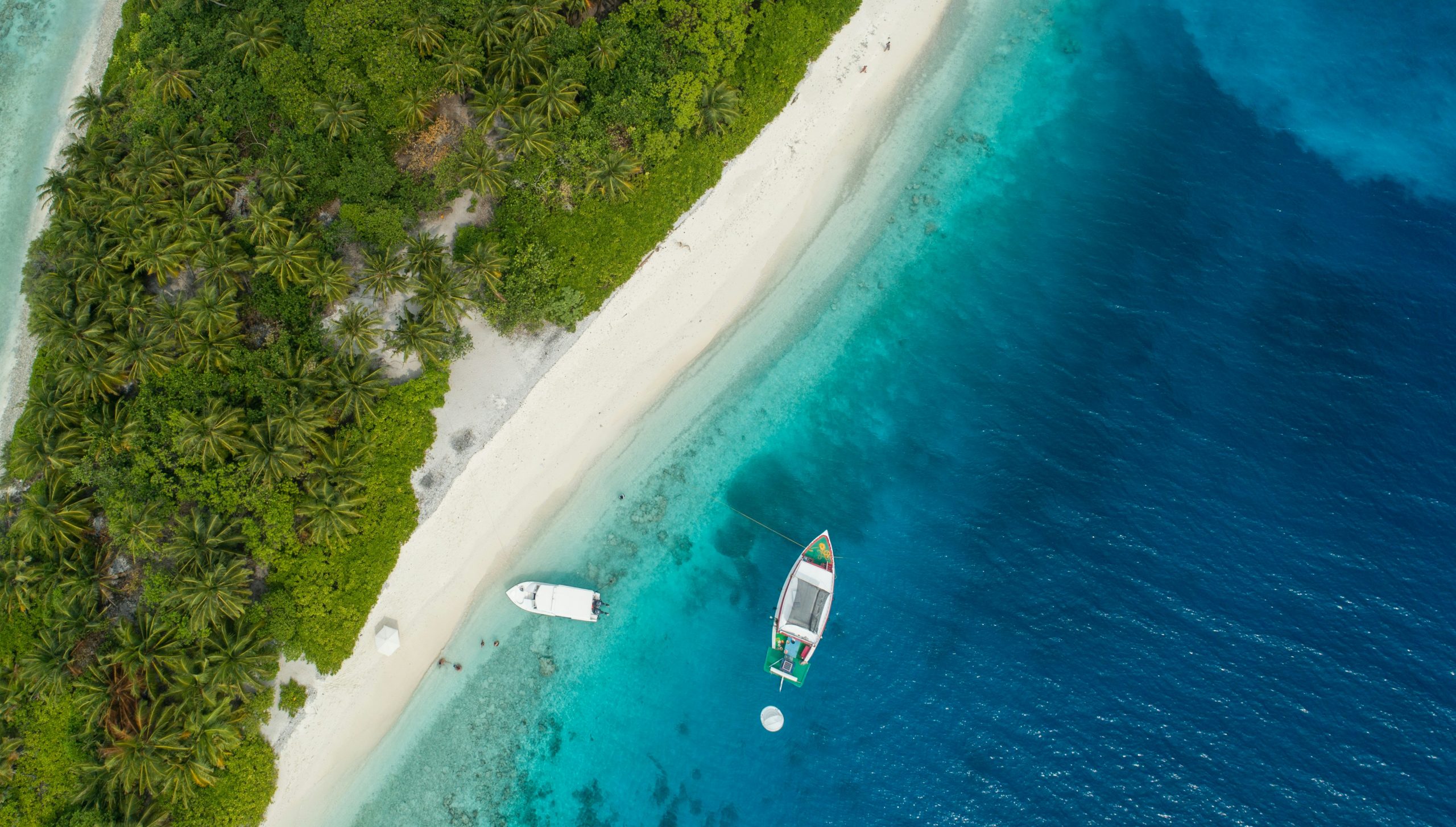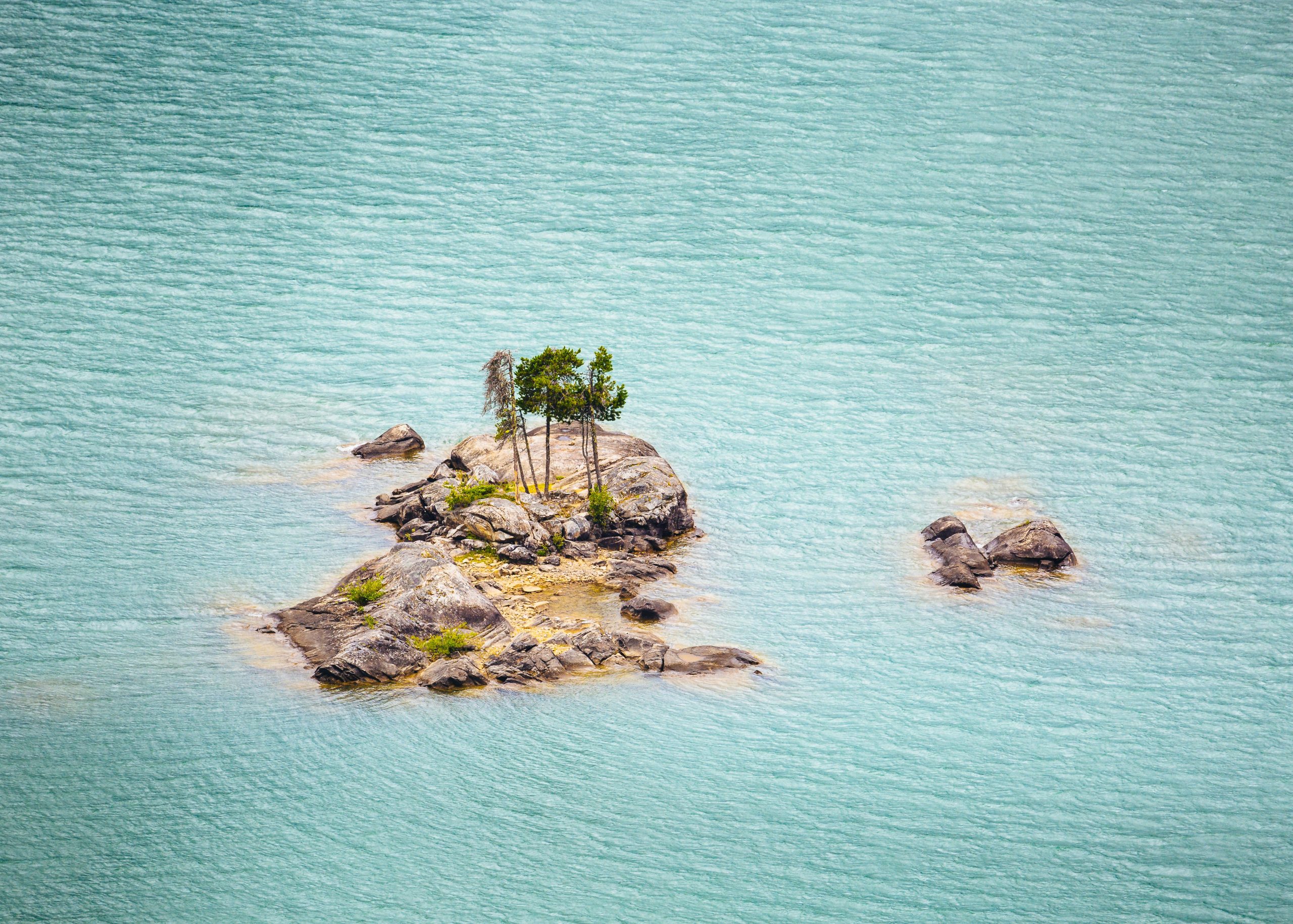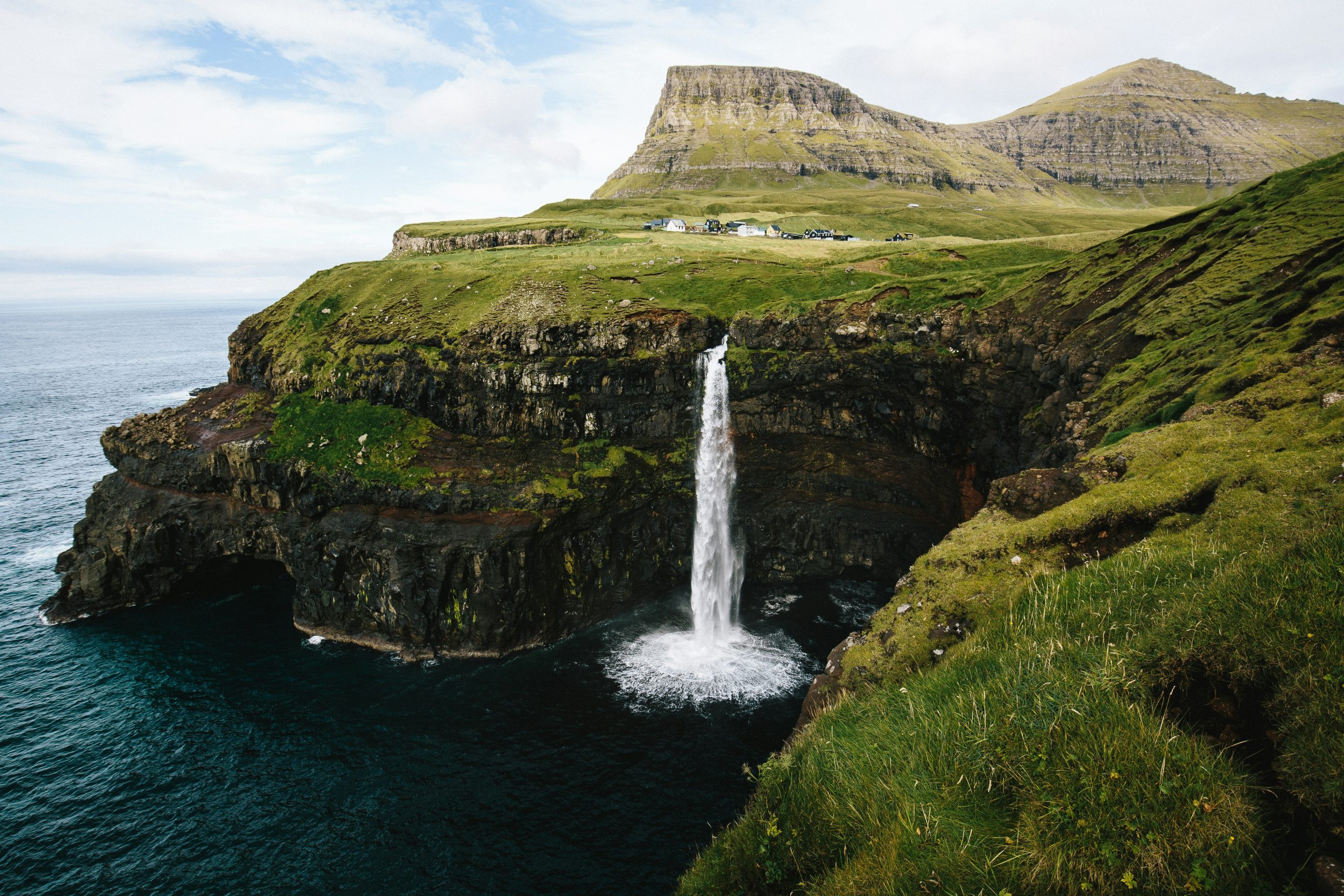The Comoros Islands, with their stunning natural beauty and rich cultural heritage, offer a unique destination for travelers seeking an off-the-beaten-path experience. The archipelago, consisting of four major islands, is striving to overcome political instability and leverage its untapped tourism potential to improve living conditions for its residents. In this article, we will provide a complete country profile of the beautiful Comoros Islands, offering essential information for travelers looking to explore this hidden gem.
The Archipelago

The Comoros Islands comprise four main islands – Grande Comore, Mohéli, Anjouan, and Mayotte. While Mayotte remains under French jurisdiction, the other three islands are independent. The islands’ complex ethnic mix is a result of the descendants of Arab traders, Malay immigrants, and African peoples who have settled here over the centuries.
Economy and Resources

The Comoros Islands have limited natural resources, with vanilla, cloves, and perfume essence being their primary exports. However, the economy is vulnerable to price fluctuations in these products. Remittances from Comorans living abroad play a crucial role in supporting the economy and providing income to many households.
Country Facts

- Capital: Moroni
- Area: 1,861 square kilometers
- Population: Approximately 850,800
- Languages: Comorian, French, Arabic
- Life Expectancy: 62 years (men), 67 years (women)
Leadership
The current President of the Comoros Islands is Azali Assoumani, who was re-elected for a fourth term in January 2024. However, his re-election was disputed by the opposition, with claims of fraud and low voter turnout. President Assoumani assumed power in 1999 following a coup, and his leadership has been marked by political tensions and allegations of authoritarian rule.
Media and Freedom of Expression
The Comoros Islands have a controlled media environment, with journalists facing the risk of arrest and detention for reporting on sensitive issues. Newspapers have been suspended, and radio stations shut down for content deemed offensive to the government. Radio remains the dominant medium, with a mix of state-run and private stations.
Key Historical Events
- 8th Century: The islands were first settled.
- 8th-11th Centuries: Islam spread across the islands as they became crucial trade points in East Africa.
- 1503: Portuguese explorers arrived, utilizing the islands as a provisioning point.
- 1841: French colonial rule began with the acquisition of Mayotte.
- 1974: Three of the four main islands voted for independence, while Mayotte chose to remain under French governance.
- 1975: Comoros declared independence, but experienced a series of coups and political instability.
- 2002: The country transformed into the Union of the Comoros, with a decentralized governance structure.
The Comoros Islands offer a unique blend of stunning natural landscapes, diverse cultural heritage, and a challenging political landscape. While the archipelago faces various economic and political challenges, it continues to attract adventurous travelers seeking an authentic and off-the-beaten-path experience. By exploring the complete country profile of the Comoros Islands, travelers can gain insights into its history, culture, and current affairs, ensuring a deeper understanding of this captivating destination.
